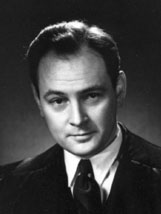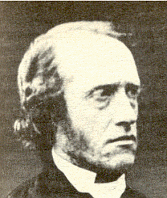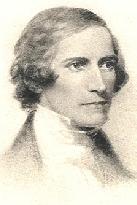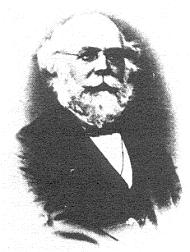Biography
Appleton, Nathan
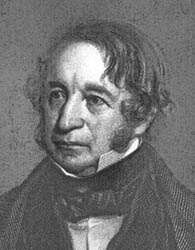 Nathan Appleton (October 6, 1779-July 14, 1861) was a merchant, manufacturer, financier, politician and philanthropist, best known as a pioneer in establishing textile manufacturing in New England. Repelled by the human suffering and social disruption that accompanied the rise of the factory system in Britain, he sought to develop an American alternative that would rival the success of British manufacturing while avoiding its demoralizing effects.…
Nathan Appleton (October 6, 1779-July 14, 1861) was a merchant, manufacturer, financier, politician and philanthropist, best known as a pioneer in establishing textile manufacturing in New England. Repelled by the human suffering and social disruption that accompanied the rise of the factory system in Britain, he sought to develop an American alternative that would rival the success of British manufacturing while avoiding its demoralizing effects.…
Fuller, Margaret
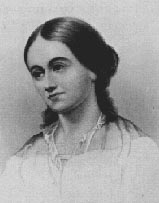 Margaret Fuller (May 23, 1810-July 19, 1850) “possessed more influence on the thought of American women than any woman previous to her time.” So wrote Susan B. Anthony and Elizabeth Cady Stanton in their 1881 History of Woman Suffrage. Author, editor, and teacher, Fuller contributed significantly to the American Renaissance in literature and to mid-nineteenth century reform movements.…
Margaret Fuller (May 23, 1810-July 19, 1850) “possessed more influence on the thought of American women than any woman previous to her time.” So wrote Susan B. Anthony and Elizabeth Cady Stanton in their 1881 History of Woman Suffrage. Author, editor, and teacher, Fuller contributed significantly to the American Renaissance in literature and to mid-nineteenth century reform movements.…
Worcester, Noah
Noah Worcester (November 25, 1758-October 31, 1837), entirely self-educated after the age of 15, studied and thought his own way to unitarian doctrine and also to pacifism. A formally unschooled farmer and school teacher, he became a respected and influential minister, author, editor and peace advocate, honored by two institutions of higher learning and a “father of the American peace movement.”…
Potter, William James
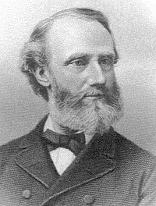 William James Potter (February 1, 1829-December 21, 1893), born in Dartmouth, Massachusetts, was a Unitarian minister, a founder, Secretary and President of the Free Religious Association, and President and later Editor of The Index. For more than forty years Potter was perhaps the leading public citizen of New Bedford, Massachusetts.…
William James Potter (February 1, 1829-December 21, 1893), born in Dartmouth, Massachusetts, was a Unitarian minister, a founder, Secretary and President of the Free Religious Association, and President and later Editor of The Index. For more than forty years Potter was perhaps the leading public citizen of New Bedford, Massachusetts.…
Burns, Robert
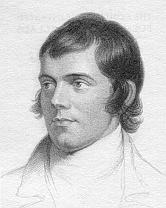 Robert Burns (January 25, 1759-July 21, 1796) is the national poet of Scotland. Since they were first published, his poetry and songs have never been out of fashion. Translations have made him a classic in other languages. In households where books have been few, an edition of Burns’s poetry has often stood on a shelf with the Bible. …
Robert Burns (January 25, 1759-July 21, 1796) is the national poet of Scotland. Since they were first published, his poetry and songs have never been out of fashion. Translations have made him a classic in other languages. In households where books have been few, an edition of Burns’s poetry has often stood on a shelf with the Bible. …
Eliot II, Samuel Atkins
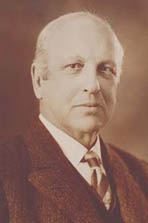 Samuel Atkins Eliot II (August 24, 1862-October 15, 1950) was the first president of the American Unitarian Association (AUA) to be given executive power; he held this office from 1900 to 1927. In 1925 the two major American Unitarian organizations, the AUA and the National Conference of Churches (NCC), were merged under his leadership.…
Samuel Atkins Eliot II (August 24, 1862-October 15, 1950) was the first president of the American Unitarian Association (AUA) to be given executive power; he held this office from 1900 to 1927. In 1925 the two major American Unitarian organizations, the AUA and the National Conference of Churches (NCC), were merged under his leadership.…
